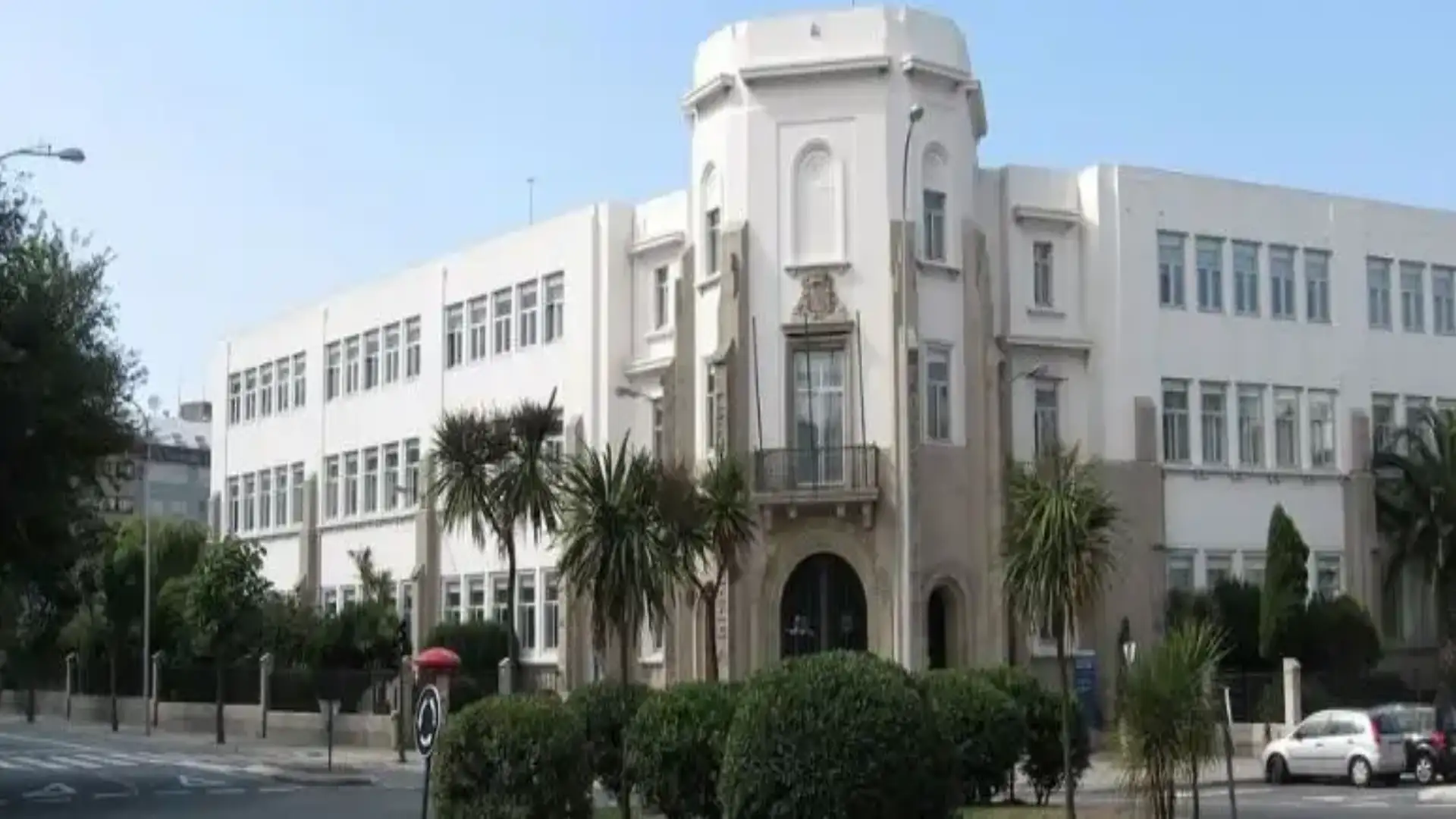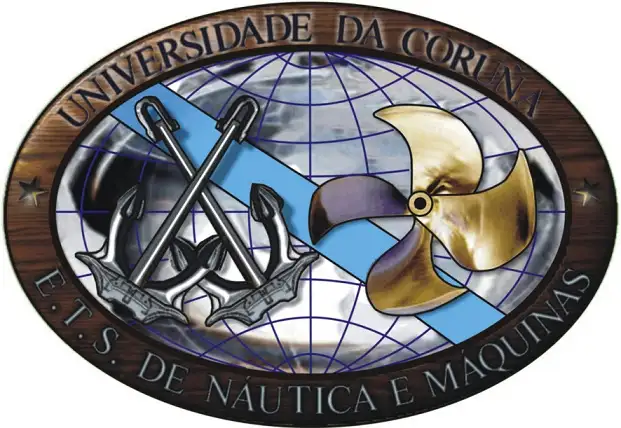
The ETS Grades of Nautics and A Coruña Machines
The ETS Grades of Nautics and A Coruña Machines
The Higher Technical School of Nautics and Machines, which has as its Director Alvaro Baliña, is the only one of the University System of Galicia responsible for the academic-professional training of the graduates in Navigation, Maritime Transport and Naval Machines. Its origins in La Coruña date back to the 16th century.
As a result of the commitment to the process of adaptation to the European Higher Education Area, this ETS has an Official Postgraduate Programme in Maritime Engineering, which also includes the possibility of completing a Doctorate. His experience with his teaching team ensures that he meets the continuing challenges that characterize the professional exercise of our graduates not only in the maritime field, with international approval and recognition, but also in the industrial, administrative and research, among others.
This multidisciplinary profile greatly facilitates access to the world of work, both at sea and on land, resulting in strong demand for our graduates, far exceeding the number of students who complete their studies in each academic year. To meet these challenges, we have developed a training model, which, following the ISO 9001: 2000 Quality Certification obtained in 2005, is a pioneer in our University System, as it is the first and only Centre of the three Galician Universities to obtain this certification.
A Coruña's STD model is focused on the student and is introduced in a new way in university teaching. It is based on the full training of the student, in three basic aspects: academic, professional and human. In this way, students receive individual assistance in all that can contribute to improving their academic performance and career orientation and to facilitating their participation in university life, their cultural and human formation. The Association of Marineda Students is a faithful reflection of this philosophy.
This comprehensive training is a decisive contribution to the School's relationship with the outside world, which is guaranteed through about 100 cooperation agreements with companies and public institutions, which facilitates the continuing training of teachers with the completion of traineeships and projects by students. Also noteworthy are the exchange agreements signed with various Spanish and foreign university centres.
The Grades currently available are:
GRAND OF NAUTICE AND MARITIME TRANSPORT
The degree in Nautics and Maritime Transport replaces the degree in Nautics and Maritime Transport as a result of the adaptation to the European Higher Education Area (EES). The lessons leading to this title provide basic and specific training appropriate for the exercise of the functions of direction, safety, maintenance and maintenance of cover and hull equipment, loading and stowage operations, passenger management, etc. on board all types of ship. The professional exercise of Pilot of the Merchant Navy, according to RD 973 / 2009, however, the multidisciplinary nature of the training acquired facilitates the integration of labour in other areas such as the central and peripheral maritime administration, the port authority. shipping companies, industry insurance companies, port practices, shipyards, education, SVA maritime officers (Customs Surveillance Service), maritime and air traffic control, nautic-sports facilities, ship audit and inspection, meteorology assistants and observers, and expert opinions.
GRADE OF MARINE TECHNOLOGIES
The Degree in Marine Technologies (Marine Engineering) replaces the Diploma in Naval Machines as a result of the adaptation to the European Higher Education Area (EES). It is able to exercise the profession of Merchant Marine Machines Officer, with projection in activities on the ground such as inspection, maintenance and administration. The lessons leading to the obtaining of this title train for the knowledge of technologies related to the maritime or land field, as well as general knowledge of subjects of a multidisciplinary nature related to their fields of competence.The professional exercise of Merchant Navy Machines Officer, and Electrotechnical Officer, depending on the route chosen, according to RD 973 / 2009, however, the multidisciplinary nature of the training achieved facilitates the integration of work in areas such as maritime administration, education, inspection of ships, shipping companies, classification societies, shipyards and industries that include in their production process or services the management of thermal machines, energy and maintenance.
DISTRIBUTION OF STUDY PLAN CREDITS
| TYPE OF MATERIA | CREDITS ECTS | CURSO | CURSO | CURSO | CURSO |
| 1 | 2nd | 3rd | 4th | ||
| Basic training -25% | 60 | 54 | 6 | - - | - - |
| Compulsory - 55% | 132 / 144 | 6 | 54 | 60 | 12 / 24 |
| Optatives-5% | 12 | - - | - - | - - | 12 |
| External practices-10% | 24 / 12 | - - | - - | - - | 24 / 12 |
| End-of-grade work -5% | 12 | - - | - - | - - | 12 |
| TOTAL CREDITS | 240 | 60 | 60 | 60 | 60 |
SPECIALIZATION: There are two routes with intensification in Energy and Propulsion (which enables the profession of Machine Officer) and ETO Electronic Officer (which enables the profession of Electronic Officer.
EXTERNAS PRACTICES: They can be configured as accredited ship practices through shipments on merchant ships or on-the-ground companies through the many conventions currently in force.
ACCESS FROM OTHER ENTILATIONS: Students with a diploma and a degree in Naval Machines (plan 1996) and previous (1977) must take the subjects of the 4th grade indicated with an asterisk in the detailed curriculum below. The graduates of the 1996 plan will be recognized as the subject "Energy Techniques applied to the ship" and those who are in possession of the professional title of Second Machine Officer or who have completed the days of boarding as a trainee, the subject of "Shipping Practices."
For more information:
http: / / www.nauticaymachinas.es /
https: / / engineering / wordpress.com /
© 2024 Nautica Digital Europe - www.nauticadigital.eu














